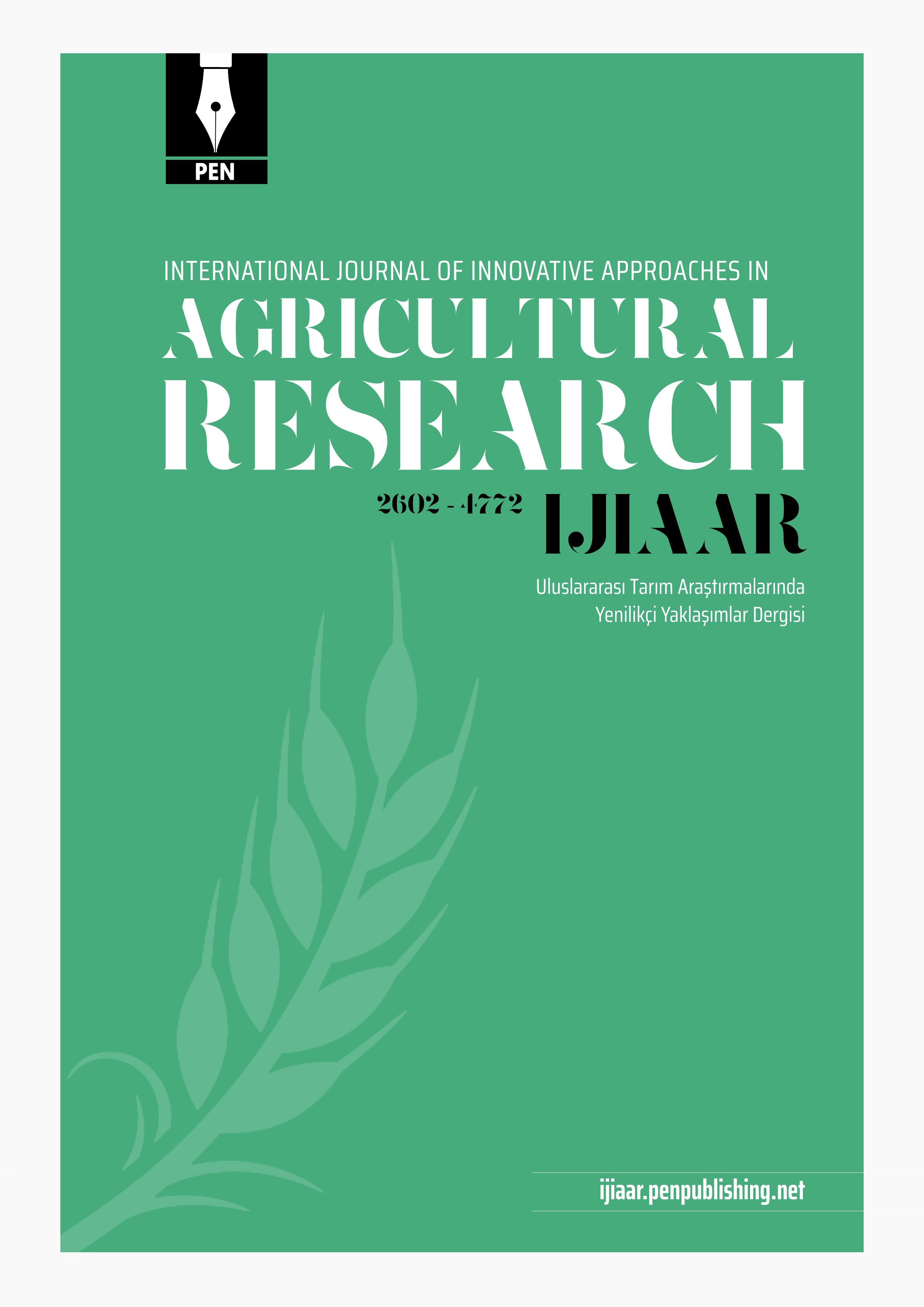
Uluslararası Tarım Araştırmalarında Yenilikçi Yaklaşımlar Dergisi
Yazarlar: Tamara Mihociu, Mioara Negoita , Alina Culetu
Konular:-
DOI:10.29329/ijiaar.2018.174.1
Anahtar Kelimeler:DSC,Lipids,Meat products,Thermal profile
Özet: This paper presents the thermal analysis of crude fat from salami samples which were reformulated by their lipid profile differentiation using the differential scanning calorimetry (DSC) method. Salami samples were manufactured by partial substitution of the back fat with vegetable oils and walnuts. Thermal curves profile of the crude fat was correlated with the lipids profile determined by gas-chromatography/mass spectrometry (GC/MS) method. The addition of lipids from vegetable sources determined a decrease of the ratio of saturated/unsaturated fatty acids from 0.639 (control) to 0.283 (salami with oil) and 0.218 (salami with oil and walnuts). The thermal curves obtained were different between the samples. For each sample, the crystallization profile showed an exothermic event for the reformulated samples and two events for the control sample, for different onset temperatures: 15.410C (control sample), 1.730C (salami with oil) and -5.120C (salami with oil and walnuts). The same profile was observed for two different heat flow rates: 100C/min and 200C/min, respectively. The melting profile showed three endothermic events for the reformulated samples and two events for the control sample. The samples were different regarding the onset temperature of the last endothermic event which was 11.820C for the control sample, 18.730C for salami with oil and 15.150C for salami with oil and walnuts, respectively, for both heat flow rates. DSC showed the physical properties and thermal behaviour for each chemical composition of the fat. DSC is a promising and rapid method for assessing the thermal fingerprint of a meat product by analyzing the crude fat.